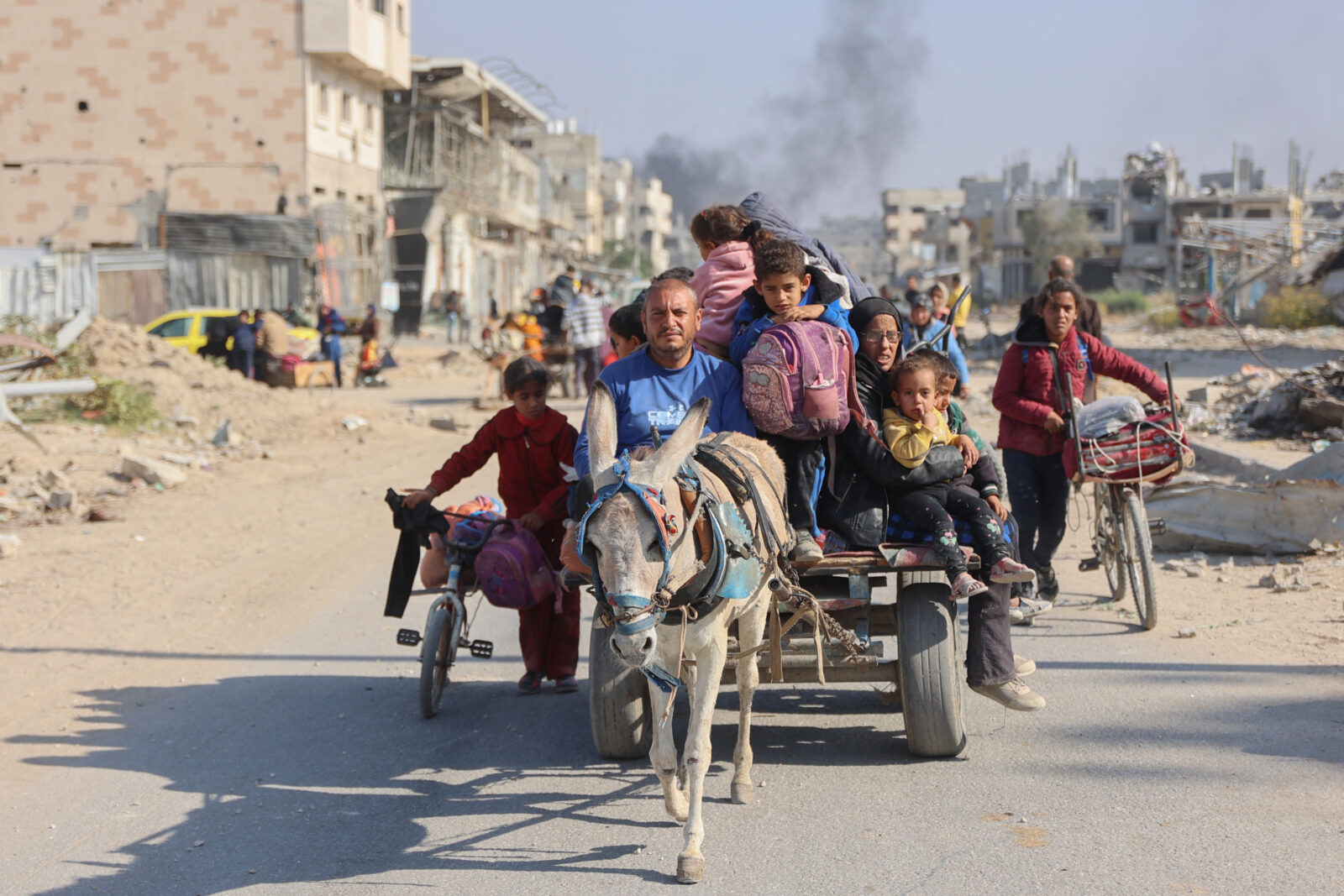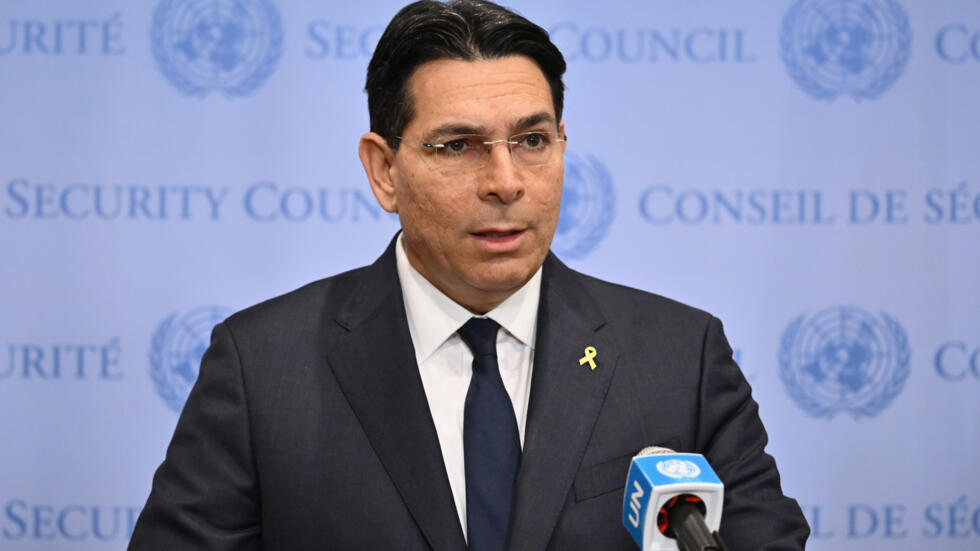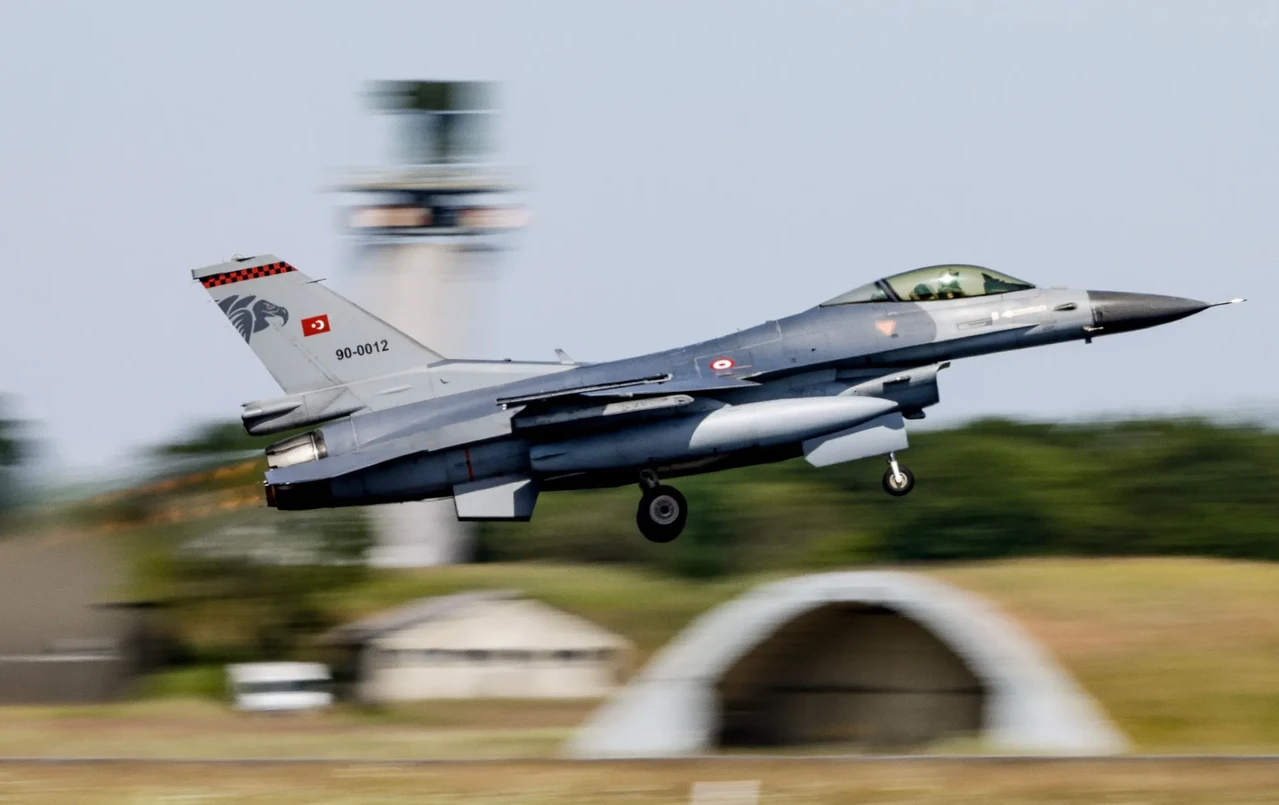US calls on Israel to stop forcible displacement, starvation policies in Gaza
 Palestinians, including children, in the Nuseirat refugee camp wait with empty pots for food distributed by an aid organization, as widespread starvation and shortages of basic supplies continue in Gaza City, Gaza, on Nov. 08, 2024. (AA Photo)
Palestinians, including children, in the Nuseirat refugee camp wait with empty pots for food distributed by an aid organization, as widespread starvation and shortages of basic supplies continue in Gaza City, Gaza, on Nov. 08, 2024. (AA Photo)
On Tuesday, the U.S. warned Israel at the United Nations to avoid actions in Gaza that could result in forced displacement and starvation.
U.S. Ambassador to the U.N. Linda Thomas-Greenfield stated that such actions could have serious legal consequences under both U.S. and international law.
While acknowledging Israel’s efforts to address the humanitarian crisis in Gaza, the U.S. emphasized that these efforts need to be sustained over time. The U.S. also called on Israel to halt its plan to ban the U.N. Palestinian relief agency, UNRWA, from operating in Gaza.


Why it matters?
- This warning highlights growing international concerns over the humanitarian impact of Israel’s military actions in Gaza.
- The U.N. has raised alarms about the risk of famine in northern Gaza and the continued obstruction of humanitarian aid.
- The U.S. is stressing the need for Israel to comply with international law, which could influence Israel’s diplomatic relations and future military aid.
The U.N. Security Council met to discuss a report from global hunger experts, who warned that famine is likely to strike northern Gaza as Israel continues its military offensive against Hamas.
U.N. aid coordinator Joyce Msuya reported that approximately 75,000 people in northern Gaza are facing critical shortages of food and water, as Israel blocks humanitarian aid.

Israel’s response
- Israel’s U.N. Ambassador Danny Danon rejected the famine warning, calling it “false.”
- He defended Israel’s humanitarian efforts, noting the risks Israeli soldiers face in delivering aid while managing ongoing security threats.
Other countries
- Slovenia’s U.N. Ambassador Samuel Zbogar called for stronger action, stating that Israel’s assurances about protecting civilians in Gaza were insufficient.
- Russia and China have supported a U.N. draft resolution demanding an immediate cease-fire and the unhindered delivery of humanitarian aid to Gaza.
- The resolution is still under negotiation in the Security Council, with non-permanent members pushing for a vote.



